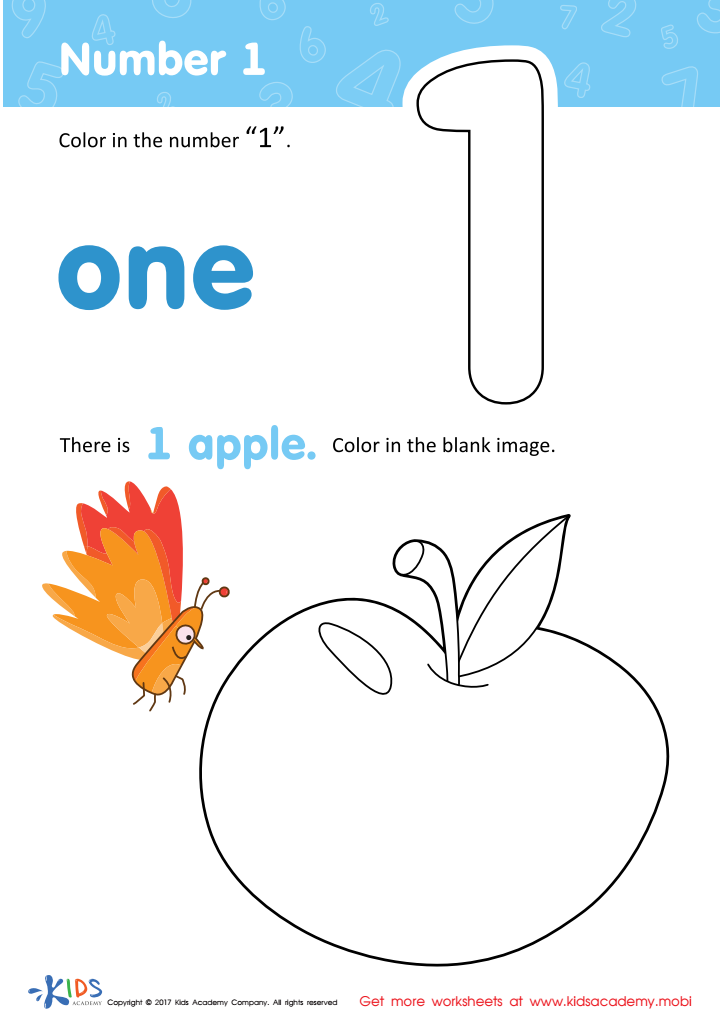Writing practice Extra Challenge Worksheets for Ages 3-5
3 filtered results
-
From - To
Introducing our "Writing Practice Extra Challenge Worksheets for Ages 3-5," specially designed to enhance your child's writing skills through engaging and interactive activities. These worksheets provide little learners with opportunities to practice letter formation, trace simple words, and discover creative expression, all while having fun. Perfect for early education settings or home learning, these challenging worksheets boost confidence and help develop fine motor skills. Our age-appropriate tasks foster a love for writing and language, setting the foundation for future literacy success. Explore our collection today and watch your child's writing skills flourish with each exciting challenge!


Letter A Tracing Page


Fairy Tale Worksheet: Count and Classify with Rapunzel


Number 1 Printable
Writing practice is essential for children aged 3-5 as it lays the foundation for future literacy skills. At this early stage, children engage in a vital developmental process that enhances their fine motor skills, hand-eye coordination, and cognitive abilities. Encouraging writing through activities like squiggling, tracing, and drawing not only promotes these physical skills but also fosters creativity and self-expression.
Moreover, writing helps children develop an understanding of the connection between sounds and letters, a prerequisite for reading. Introducing writing challenges in a fun and engaging way can stimulate a child's linguistic growth and broaden their vocabulary. When parents and teachers focus on these practices, they contribute to a child's confidence and independence in communication.
Extra challenges can motivate children to explore writing creatively, boosting their enthusiasm for learning. Consistent writing practice also enables caregivers to identify any potential learning difficulties early on, allowing for timely intervention. Ultimately, supporting writing skills at this crucial developmental stage not only prepares children for future academic success but also equips them with essential life skills, fostering a love of learning that can last a lifetime.

 Assign to My Students
Assign to My Students















